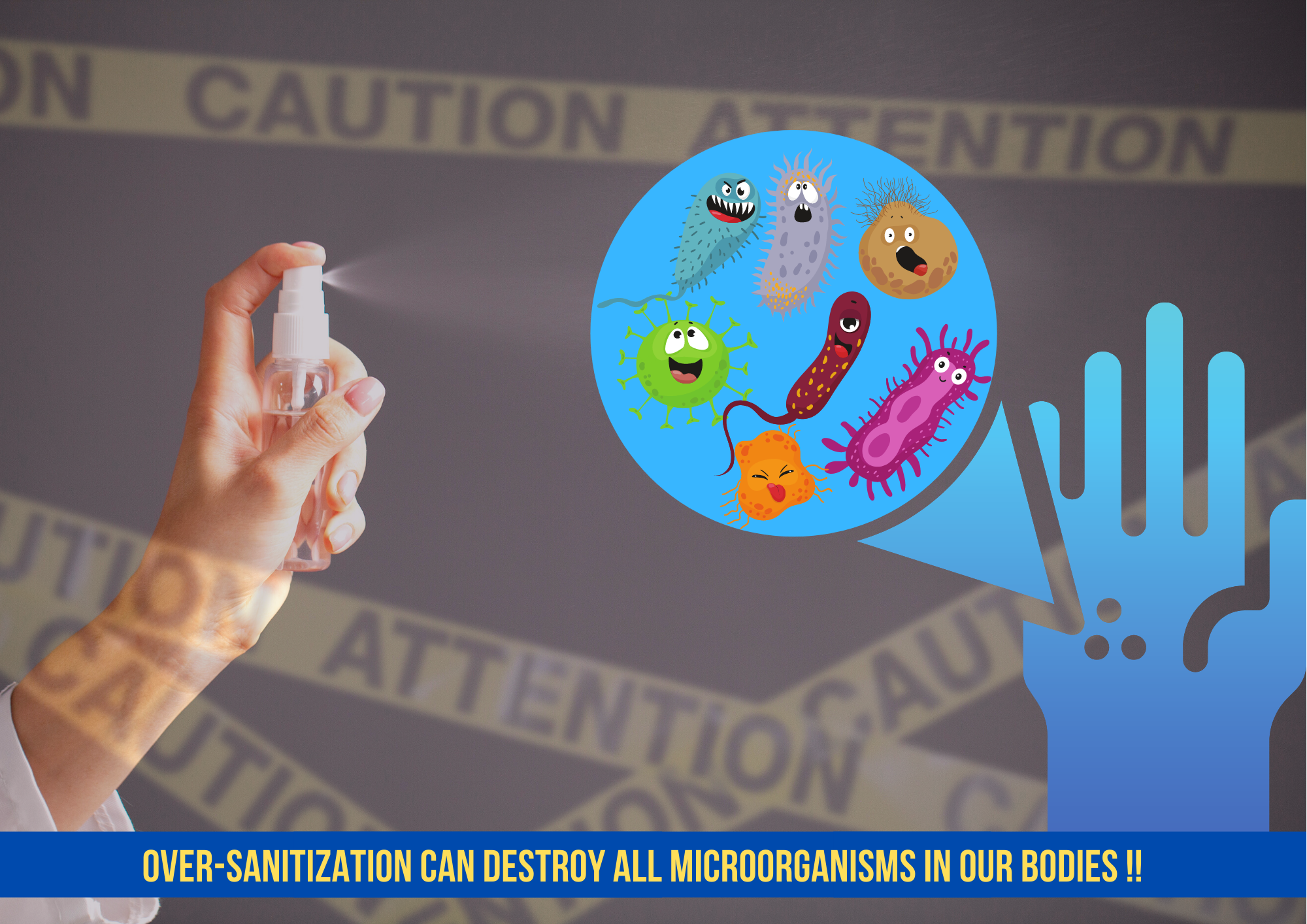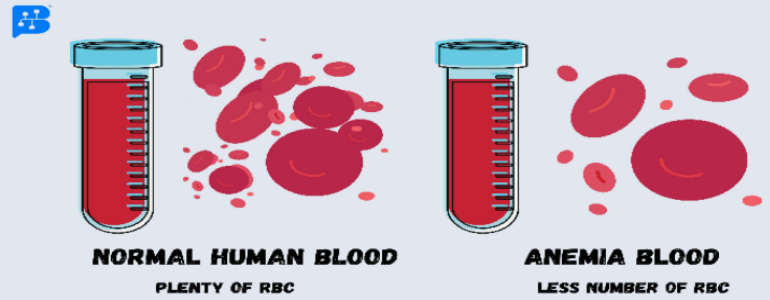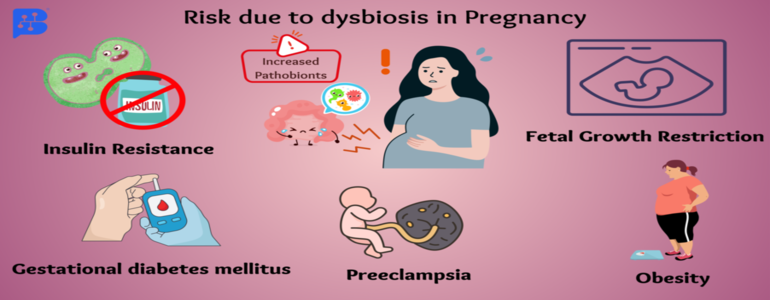- June 28, 2021
- Deeksha
- Microbiome and Lifestyle
Super Sanitization In The Corona Era - Stop And Ponder
Sanitization, undoubtedly, is a proactive and preventative approach to contain the spread of SARS-CoV2. Because there is no surefire way to completely combat the COVID-19 outbreak, sanitization is crucial. While there is nothing wrong with using sanitizing chemicals in general, too many of us may have gone too far with the advice.
Homemakers, understandably, want to make sure that their homes are clean and free of microorganisms now more than ever. However, it appears that the solution may be more dangerous than the problem. Triclosan and triclocarban are two antimicrobial compounds that are often found in many household cleaning products and disinfectants. These two compounds have been linked to skin irritation, allergy susceptibility, bacterial and endocrine disruption at high enough concentrations. They are resistant to treatment, which is concerning because triclosan can transform into a poison called dioxin when exposed to sunlight and water. Dioxin can cause skin sores and even affect liver function at high amounts. Long-term dioxin exposure has the potential to harm the immune, neurological, endocrine, and reproductive systems of the body. Hand sanitizers with an ethanol or alcohol base, on the other hand, are an efficient way to reduce the number of microbes on our hands. Alcohol and ethanol destroy all microbes, good or bad, by denaturing or breaking down their proteins.
It is known that a balanced microbiome is involved in a variety of critical functions, including immune system training and digestion, biosynthesis of vitamins K and B in the gut, and much more. When children’s bodies are not being exposed to as many different types of microorganisms, their immune systems become weaker and weaker, resulting in more illnesses later in life, leading to allergies, asthma, autoimmune disorders, obesity, type 2 diabetes, and other chronic diseases. All of these conditions are correlated to our microbiomes. The most well-supported explanation for understanding this trend is the “hygiene hypothesis”. The hypothesis is founded on the idea that early life exposure to microbes, including viruses, is advantageous to the training and development of the human immune system. Highly hygienic circumstances in westernised countries impedes our natural immunity.

The microbiomes of the very young and the elderly are the most labile, whereas older children and adults' microbiomes are resilient, and any harm caused by the pandemic can be readily restored. Microbiome variety can be improved by eating a high-fiber diet, spending time outdoors, interacting with animals, and, of course, returning to regular life when it is safe to do so, mixing freely with others and hugging and kissing dear ones. The fact that over-70s were the first to get vaccinated, allowed them to re-establish normal microbiomes through earlier exposure to visitors and open places.
It's not that using sanitizing items is inherently wrong, but balance is crucial here. It is not necessary to sanitize every inch of the house in order to stay away from corona. Hand sanitizers were designed to reduce the risk of cross-contamination in hospitals when patients' immune systems are weak or non-existent. Instead of relying completely on hand sanitizers, follow the guidelines for good hygiene, such as sneezing into elbows rather than the hand, wearing masks properly, following proper hand washing steps and staying at home while sick. When we are all vaccinated and the pandemic is gone, it will be critical to reestablish normal social interactions, while taking extra measures during flu season.
Given the growing awareness of the microbiome's impact on human health, it's important to learn how the microbiome influences susceptibility to the coronavirus, as well as how COVID-19 disease and prevention methods may alter the microbiome. This understanding is critical in prevention and treatment of the pandemic, as well as long-term biological and social consequences.
References:
-
Vatanen T, Kostic A, d’Hennezel E, et al. Variation in microbiome LPS immunogenicity contributes to autoimmunity in humans. Cell. Online April 28, 2016. DOI: 10.1016/j.cell.2016.04.007
-
B. Brett Finlay et al. The hygiene hypothesis, the COVID pandemic, and consequences for the human microbiome. Proceedings of the National Academy of Sciences Feb 2021, 118 (6) e2010217118; DOI: 10.1073/pnas.2010217118
-
Rook GA. Hygiene and other early childhood influences on the subsequent function of the immune system. Dig Dis. 2011;29(2):144-53. Epub 2011 Jul 5. PMID: 21734378. doi: 10.1159/000323877.
-
Chatterjee Bithika et al. The mortality due to COVID-19 in different nations is associated with the demographic character of nations and the prevalence of autoimmunity. medRxiv 2020.07.31.20165696; doi: https://doi.org/10.1101/2020.07.31.20165696
-
Okada, H et al. “The 'hygiene hypothesis' for autoimmune and allergic diseases: an update.” Clinical and experimental immunology vol. 160,1 (2010): 1-9. doi:10.1111/j.1365-2249.2010.04139.x








